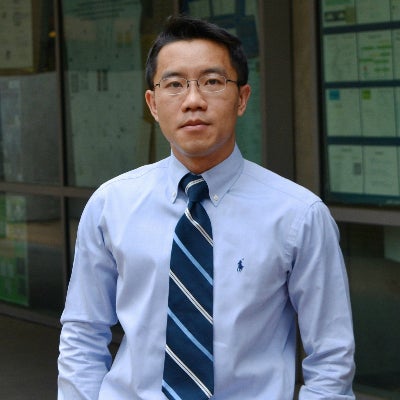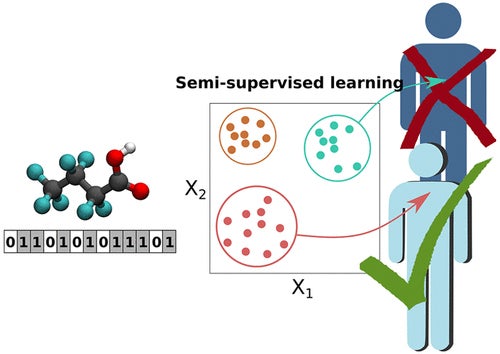
Two papers co-authored by UC Riverside professor Bryan Wong have been recognized recently by their respective publishers as leading scientific studies.
IOP Publishing, the publishing arm of the Institute of Physics, recognized one of Wong’s papers with the Top Cited Paper Award in Physics for 2024. It was one of the top 1% most-cited papers in the publisher’s portfolio of journals from 2021 through 2023.
This paper describes a new method to predict the physical properties of materials, such as their ability to conduct electricity. The method reduces errors by focusing on the movement of electron charges in the material. The advancement helps scientists design better materials for electronics, energy storage, and other technologies. The paper’s title is “Improved Band Gaps and Structural Properties from Wannier-Fermi-Löwdin Self-Interaction Corrections for Periodic Systems.” It was published in the Journal of Physics: Condensed Matter in 2020.
Wong was also recognized by the journal Environmental Science & Technology Letters for publishing one of the top papers of 2023. This paper describes a study using machine learning to predict the bioactivity of per- and polyfluoroalkyl substances (PFAS), which are also known as “forever chemicals.”
PFAS compounds are widely used in various industrial and consumer products because of their resistance to heat, water, and oil, but their persistence in the environment has raised serious health concerns. Wong’s research addresses a need for efficient tools to evaluate the bioactivity of these compounds, which are known to accumulate in living organisms and pose disease risks to organs and immune systems.

Wong’s team developed a semi-supervised machine learning model that predicted the effects of PFAS compounds across a variety of biological targets, including enzymes, genes, and proteins.
“Our study represents a significant step forward in predicting the environmental and health risks of PFAS,” said Wong, a professor of chemistry in UCR’s College of Natural and Agricultural Sciences. “This recognition underscores the importance of combining advanced machine learning techniques with environmental science to tackle complex global challenges.”
Wong’s machine-learning framework also provides a path for identifying the most harmful variants of these chemicals, which could help policymakers focus on the most pressing threats.
The editors of Environmental Science & Technology Letters select the best papers annually based on scientific quality, originality, and societal impact. Wong’s paper’s title is “Harnessing Semi-Supervised Machine Learning to Automatically Predict Bioactivities of Per- and Polyfluoroalkyl Substances (PFASs).”
Wong and his team aim to expand their methods to study other persistent and harmful pollutants. Wong received his doctoral degree from the Massachusetts Institute of Technology in 2007 and joined UCR’s faculty in 2014 at the Bourns College of Engineering. It was announced this month that he is transferring the Department of Chemistry at CNAS.